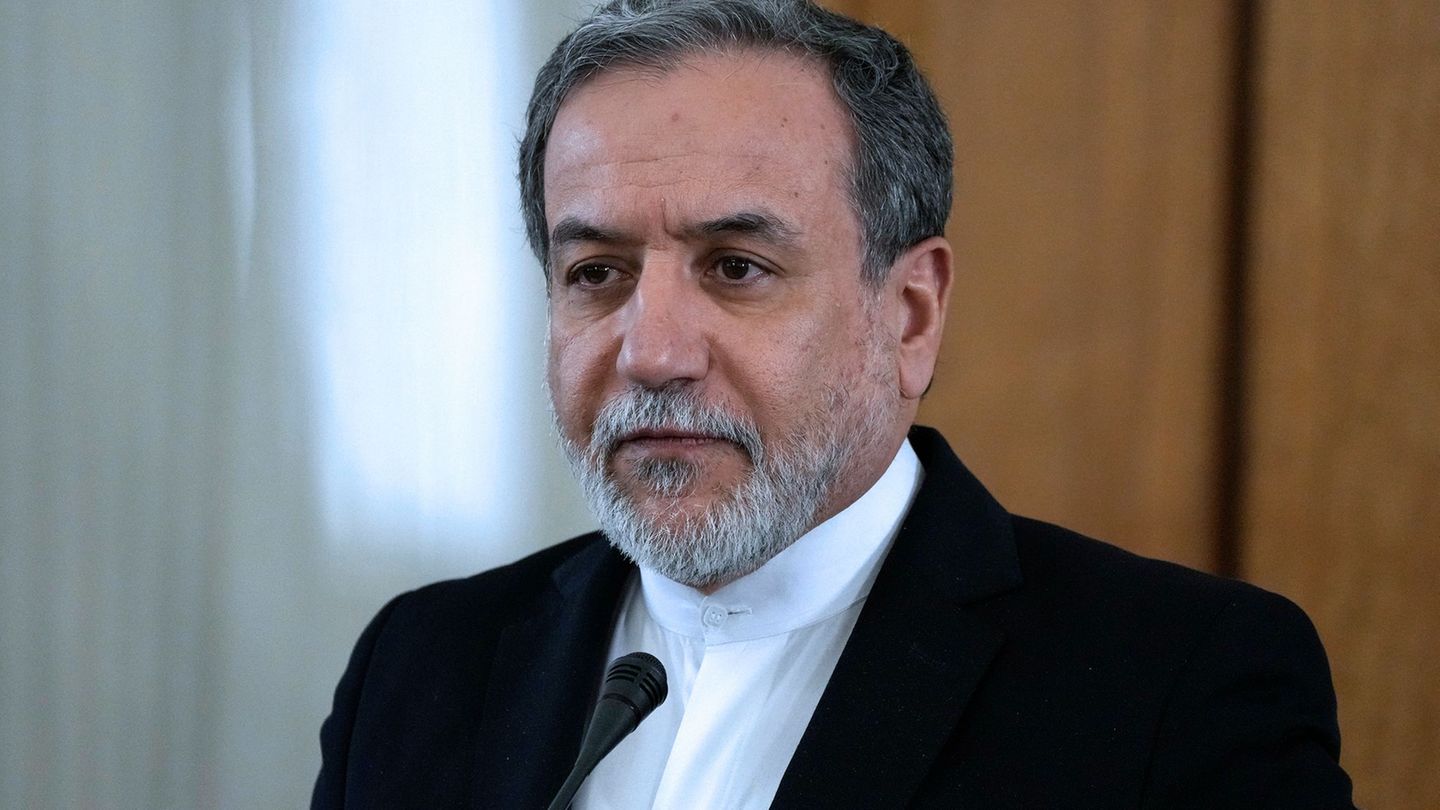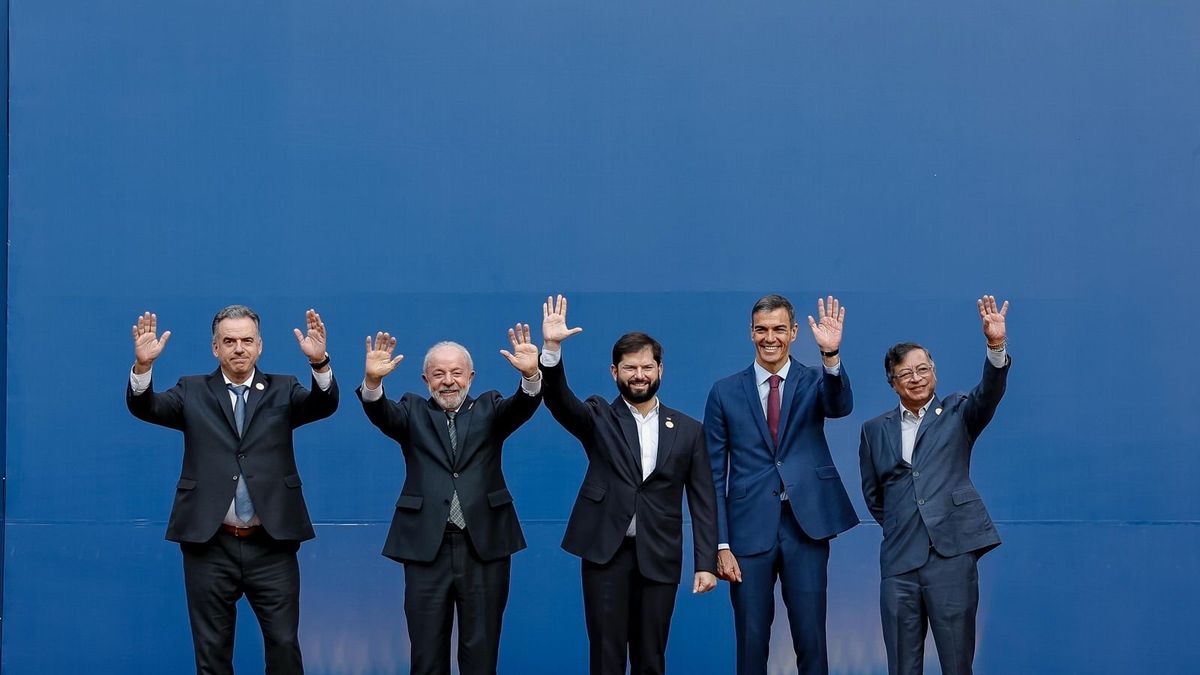A West African delegation arrived today in the capital of Niger to try to initiate a new diplomatic mediation with the coup leaders who seized power and avoid a military intervention to restore democratic order.
The plane with a delegation of emissaries from the Economic Community of West African States (Cedeao) landed around 13 local (9 from Argentina), a day after the regional organization announced that it was ready to start an armed intervention with the order to restore constitutional order in Niger, the AFP news agency said today.
The delegation is headed by former Nigerian President Abdulsalami Abubakar, said the communication department of the National Council for the Safeguarding of the Fatherland (CNSP) that took power in Niger, confirming the arrival of the negotiating group.
Abubakar had already traveled to the capital Niamey on behalf of ECOWAS on August 3, but had not met Niger’s new strongman, General Abdourahamane Tiani, or ousted President Mohamed Bazoum.
According to a source close to ECOWAS, the purpose of this visit is to convey “a message of firmness” to the Niamey soldiers and to meet with the ousted president, who is still in prison.
Yesterday, the ECOWAS Commissioner for Political Affairs, Peace and Security, Abdel Fatau Musah, had announced that this mission intended to “continue on the peaceful path.”
At the same time, the organization indicated that it was ready for an armed intervention in Niger: “We are ready to intervene as soon as the order is given. The day of intervention has also been set,” Musah declared, at the end of the two-day meeting. of ECOWAS Chiefs of Staff in Accra, the capital of Ghana.
In addition to the political situation due to the coup on July 26, Niger has also been experiencing heavy rains and floods that have left 27 dead, some thirty injured and more than 70,000 homeless, the de facto authorities reported today.
Last year, the rainy season left 195 dead and 400,000 homeless.
According to the Nigerian meteorological services, these torrential rains are due to “climate change”, which has affected three-quarters of this desert country for several years.
Source: Ambito




